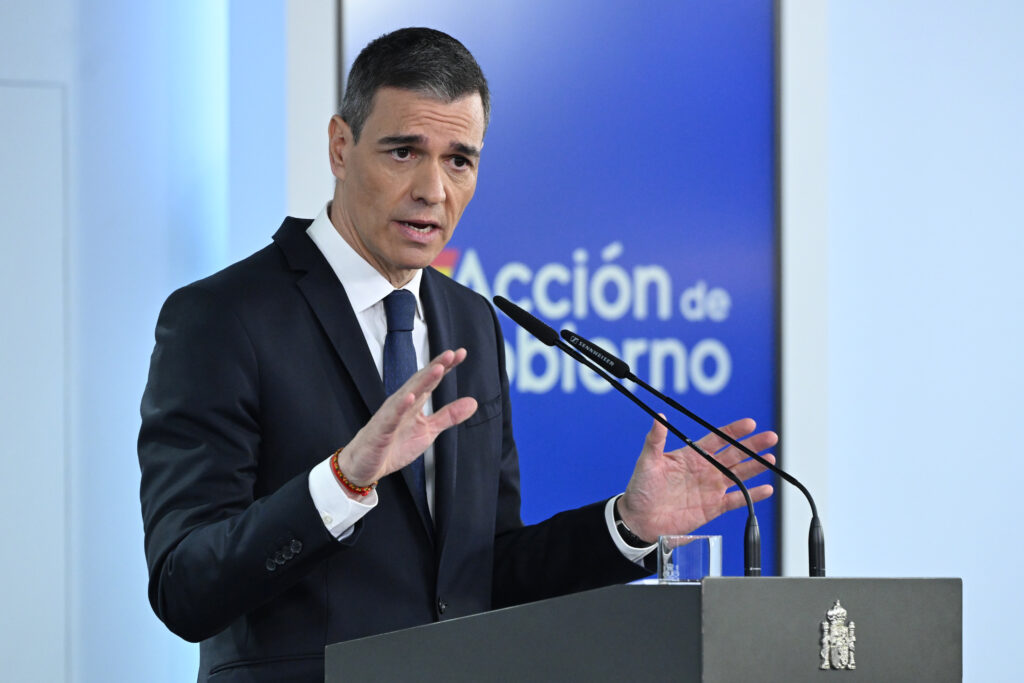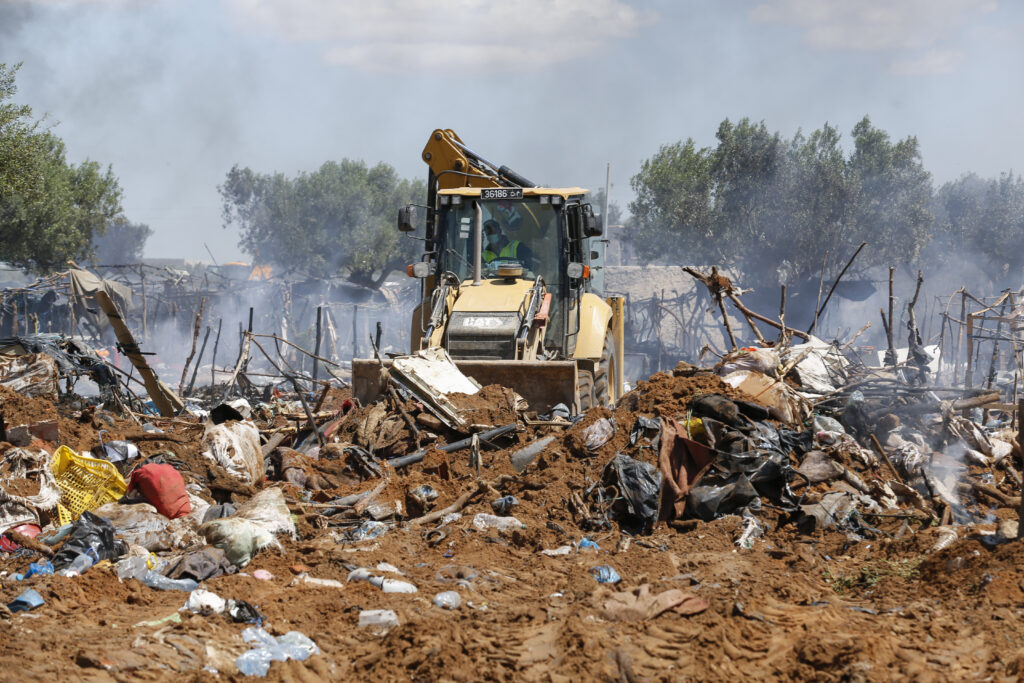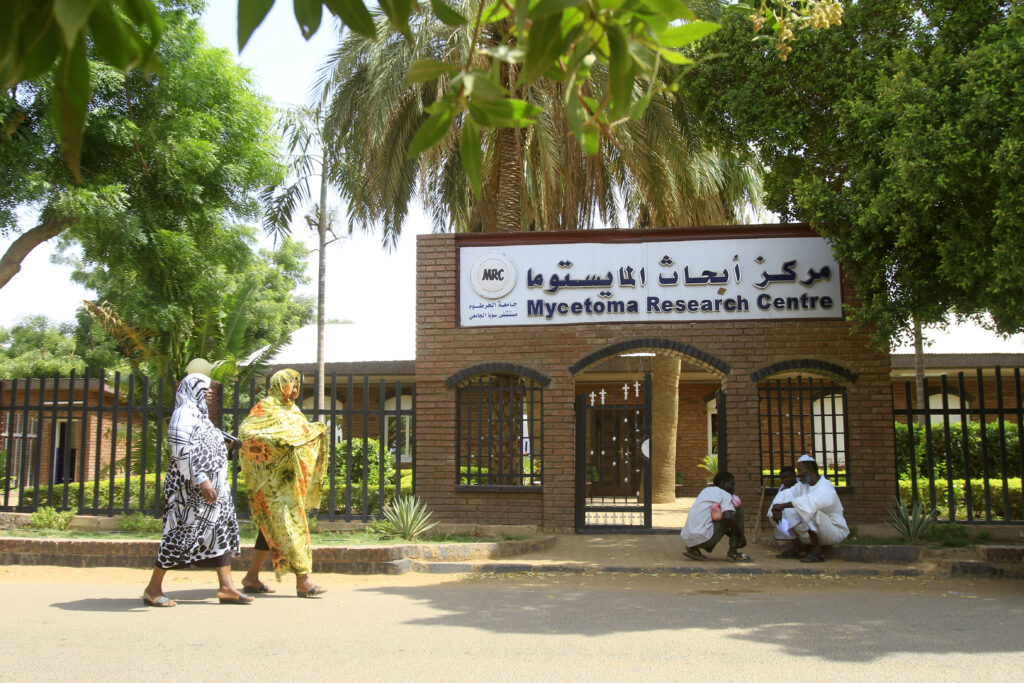AFP Asia Business
Spain scraps contested Israeli arms deal after uproar
Spain on Thursday cancelled a contract to buy bullets from an Israeli company following pressure from the Socialist-led government’s far-left coalition partner — a move swiftly condemned by Israel.Spanish Prime Minister Pedro Sanchez, one of the most outspoken critics of Israel’s military operations in Gaza, halted weapons transactions with Israel after the outbreak of the war following Hamas’s attack on Israel on October 7, 2023.The interior ministry sought to terminate the 6.8-million-euro ($7.8 million) contract with Israeli firm IMI Systems, which was to supply bullets to the Spanish Civil Guard police force.But on Wednesday the ministry said it had abandoned its attempt to cancel the deal after state legal services advised against it “due to the advanced stage of the processing of the contract” and because it would have had to pay without receiving the bullets.The far-left Sumar party, the junior partner in Sanchez’s ruling coalition, reacted angrily, calling the reversal “a blatant violation” of the government’s pledge not to trade weapons with Israel.On Thursday government sources said the contract would be “unilaterally” terminated.”The investment board for dual-use material will deny this company permission to import this equipment to our country for reasons of general interest and, immediately afterwards, the interior ministry will terminate the contract,” the sources added.Sumar’s Deputy Prime Minister Yolanda Diaz said she had personally “negotiated” with the interior minister and the prime minister to pull the plug on the contract.Spain “cannot buy arms from a government that massacres the Palestinian people”, she told reporters.Israel’s military offensive has devastated Gaza and killed more than 50,000 people in the tiny coastal territory, according to the health ministry there.Israel said it “strongly condemns” the decision to cancel the contract, and accused the Spanish government of “sacrificing security considerations for political purposes”.Spain “continues to stand on the wrong side of history — against the Jewish state that is defending itself from terrorist attacks”, Israel’s foreign ministry said in a statement to AFP. The row over the contract came as Sumar was still reeling from Sanchez’s announcement on Tuesday that Madrid will boost defence spending to two percent of annual economic output this year — the benchmark agreed by NATO allies.The government had previously aimed to meet this target in 2029 but brought it forward under pressure from Washington.Sanchez’s minority government has struggled to pass legislation since he secured a new term in 2023 by cobbling together an alliance of left-wing and regional separatist parties traditionally hostile to NATO and alignment with US foreign policy.- Conservative criticism -Spain’s main opposition conservative Popular Party (PP) criticised the government’s decision to cancel the contract.”When a state concludes a contract with another state, it must be respected,” PP leader Alberto Nunez Feijoo told reporters.”What is the price of cancelling this contract? Who is going to pay it?” he asked.The Hamas attack in Israel resulted in the deaths of 1,218 people, mostly civilians, according to an AFP tally based on official Israeli figures.Palestinian militants also seized 251 hostages in their attack and 58 remain in Gaza, including 34 the Israeli military says are dead.Israel’s military response in Gaza has caused a humanitarian crisis and killed at least 51,355 people, mainly civilians, according to the Hamas-run territory’s health ministry.The United Nations considers the figures reliable.The International Criminal Court has issued an arrest warrant against Israeli Prime Minister Benjamin Netanyahu for war crimes and crimes against humanity in Gaza.
Stocks rally rolls on in US, mixed elsewhere
Wall Street stocks pushed higher for a third day on Thursday but the rally fizzled elsewhere as China poured cold water on US President Donald Trump’s comments talking up prospects of a deal to end their trade war.US stocks tanked on Monday after comments by Trump sparked fears he would try to remove Federal Reserve …
Tunisia burns migrant tents in latest clearance effort: AFP
Tunisian authorities on Thursday set fire to tents housing sub-Saharan African migrants, an AFP correspondent said, in a new drive to clear their informal camps.Many migrants arrived in Tunisia after crossing the deserts of Algeria and Mali, hoping to reach Italy. But tighter controls on the sea route have left them stranded.For nearly two years, olive groves around El Amra, a town near the city of Sfax, served as informal camps for thousands of the migrants but on April 4 authorities began dismantling the camps.Around 3,300 more migrants had to leave the olive groves on Thursday, said Houcem Eddine Jebabli, spokesman for the National Guard, which said around 4,000 had left in the earlier operation.”It’s the strategy of the State that Tunisia not be a place of settlement or transit for illegal migrants. Tunisia is coordinating with the countries of departure, of welcome as well as the international NGOs to ensure voluntary repatriation,” Jebabli told reporters.The makeshift shelters located a few kilometres (miles) from Tunisia’s Mediterranean coast have grown as a source of tension. Local residents complain about the camps and demand that the land be cleared.Last year, Tunisia signed a 255-million-euro ($290-million) deal with the European Union, nearly half of which is earmarked for tackling irregular migration.Tunisian President Kais Saied on March 25 called on the United Nations International Organization for Migration (IOM) to accelerate voluntary returns for irregular migrants to their home countries.Among those told to leave the camps on Thursday was a Guinean, known as Mac, who has been in Tunisia for two years.”It’s very hard here,” he said.Like many migrants, he has registered with IOM to return to his homeland.The IOM said Thursday it had facilitated the voluntary return of more than 2,300 migrants from Tunisia, after nearly 7,000 throughout 2024, which was well above the combined total for 2023 and 2022.
Trump trade deals appear distant as tariff tensions simmer
US President Donald Trump’s promises of securing trade deals with major partners took another blow Thursday, with a French minister saying an agreement with the EU was “a long way” off and China insisting talks had not even started.Since returning to the presidency in January, Trump has imposed 10 percent tariffs on most trading partners, …
Trump trade deals appear distant as tariff tensions simmer Read More »
Sudan war destroys world’s only research centre on skin disease mycetoma: director
The world’s only research centre on mycetoma, a neglected tropical disease common among farmers, has been destroyed in Sudan’s two-year war, its director and another expert say.Mycetoma is caused by bacteria or fungus and usually enters the body through cuts. It is a progressively destructive infectious disease of the body tissue, affecting skin, muscle and even bone.It is often characterised by swollen feet, but can also cause barnacle-like growths and club-like hands.”The centre and all its infrastructure were destroyed during the war in Sudan,” Ahmed Fahal, director of the Mycetoma Research Centre (MRC), told AFP.”We lost the entire contents of our biological banks, where there was data from more than 40 years,” said Fahal, whose centre had treated thousands of patients from Sudan and other countries.”It’s difficult to bear.” Since April 15, 2023, Sudan’s army has been at war with the paramilitary Rapid Support Forces throughout the northeast African country.The MRC is located in the Khartoum area, which the army last month reclaimed from the RSF during a war that has killed tens of thousands of people and uprooted more than 12 million.Sudan’s health care system has been left at the “breaking point”, according to the World Health Organization.Among the conflict’s casualties is now the MRC, established in 1991 under the auspices of the University of Khartoum. It was a rare story of medical success in impoverished Sudan.A video provided by the global Drugs for Neglected Diseases initiative (DNDi) shows collapsed ceilings, shelves overturned, fridges open and documents scattered about.AFP was not able to independently verify the MRC’s current condition.The centre had grown to include 50 researchers and treat 12,000 patients each year, Fahal said.Mycetoma is listed as a neglected tropical disease by the WHO.The organisms that cause mycetoma also occur in Sudan’s neighbours, including Chad and Ethiopia, as well as in other tropical and sub-tropical areas, among them Mexico and Thailand, WHO says.For herders, farmers and other workers depending on manual labour to survive, crippling mycetoma infections can be a life sentence.Drawing on the MRC’s expertise, in 2019 the WHO and Sudan’s government convened the First International Training Workshop on Mycetoma, in Khartoum.”Today, Sudan, which was at the forefront of awareness of mycetomas, has gone 100 percent backwards,” said Dr. Borna Nyaoke-Anoke, DNDi’s head of mycetoma.





